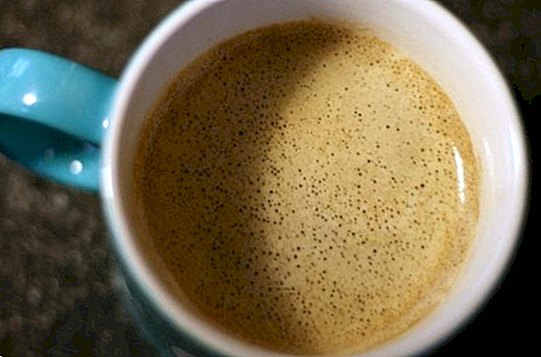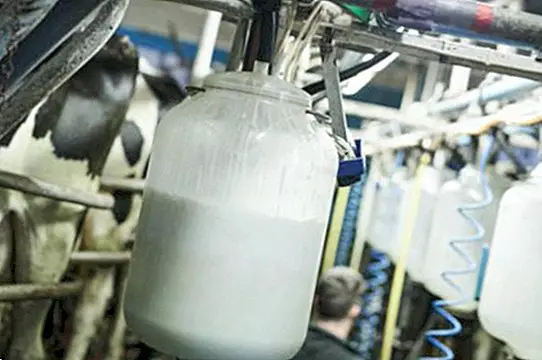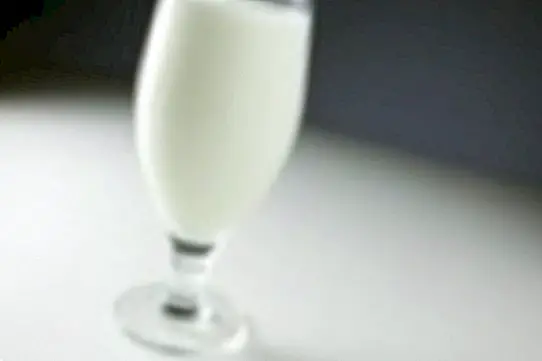Hyponatremia: consequences of drinking a lot of water
There are many benefits to drinking water, mainly because it is essential not only for the proper functioning of the organism and for our health, but also because it is vital and simple for our own life.
Among other aspects, it helps to eliminate toxins and body wastes, stimulates the correct metabolic functioning, avoids chronic constipation, elevates natural defenses, lubricates the joints improving the resistance of ligaments and muscles, moisturizes and maintains the elasticity of the skin, helps regulate appetite and prevent infections.

Hence, we always keep in mind how much water to drink per day; that is, the amount of water that we should drink each day, but without overdoing it. However, the most common is either to fall short and drink water when in reality we already have thirst (that is, our body is already dehydrated), or to do it in excess.
And although you may think that drinking too much water is not bad, the reality is that a electrolyte imbalance medically known by the name of hyponatremia.
What is hyponatremia?
It is characterized by being a Metabolic condition in which there is not enough sodium in the different body fluids outside the cells, that is, below 135 mmol / L.
Unlike being a reviled mineral (thinking that it is always negative, when the reality is that its consumption is fundamental for the proper functioning of our body), the truth is that sodium is an important electrolyte to maintain blood pressure, whose Concentration in our blood plasma is regulated precisely by different mechanisms. In addition, it is useful so that nerves and muscles can work properly.
However, when the quality of sodium in the liquids outside the cells is reduced, the water moves to these to balance the levels, which causes the cells to swell with too much water. While it is true that most cells are able to handle this swelling, brain cells do not, which is why brain swelling causes most of the Hyponatremia symptoms.
Symptoms of hyponatremia
- Abnormal mental state: confusion, decreased state of consciousness and hallucinations.
- Possible coma
- Convulsions
- Headache.
- Inappetence
- Muscle spasms or cramps.
- Muscular weakness.
- Fatigue sensation
- Nausea and vomiting.
Treatment of hyponatremia
Medical treatments for the correction of hyponatremia can range from the administration of intravenous fluids to medications to relieve symptoms, or water restriction.
When it comes to water consumption, we recommend you read our article on how to calculate water consumption.
Image | vanhookc This article is published for informational purposes only. It can not and should not replace the consultation with a Physician. We advise you to consult your Trusted Doctor. ThemesWater



